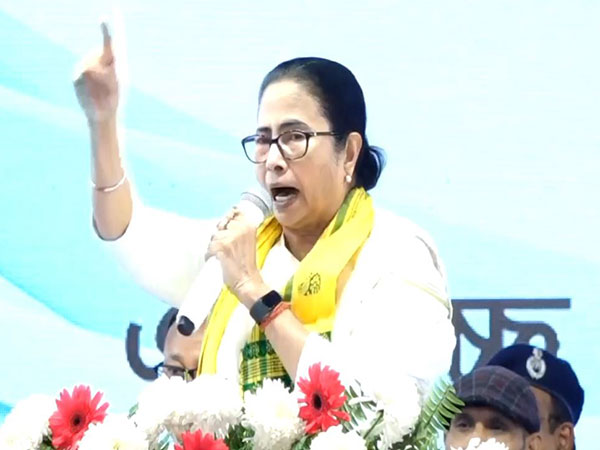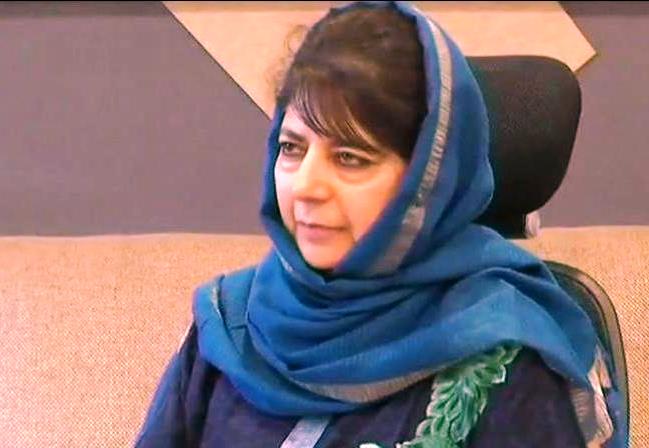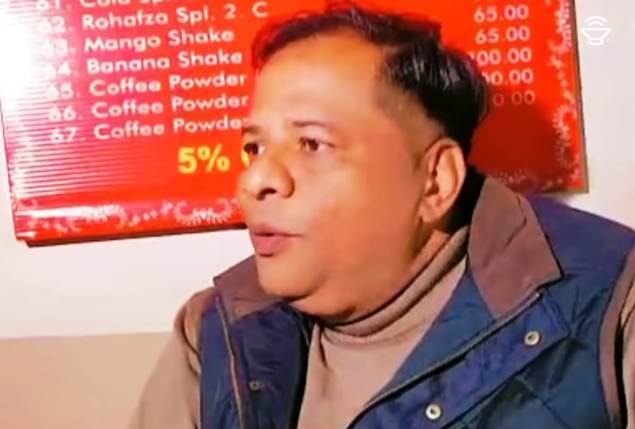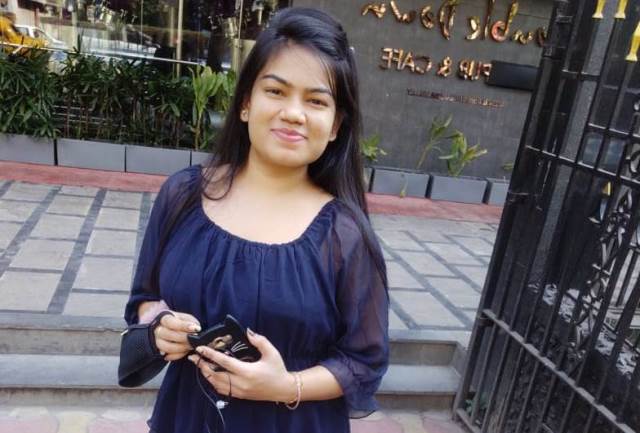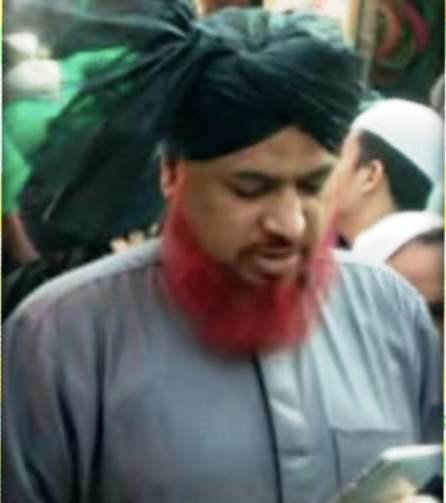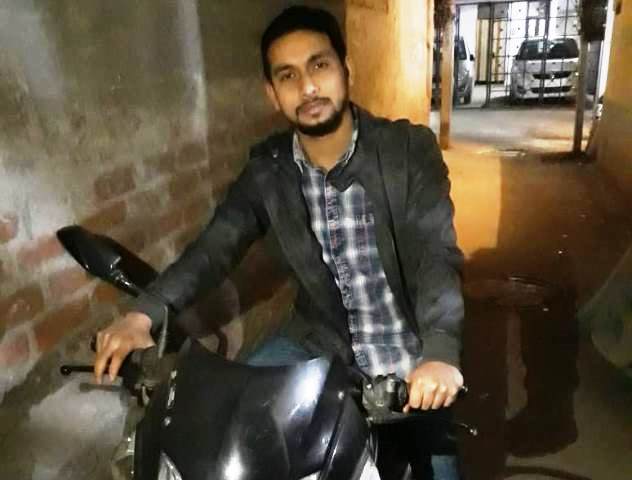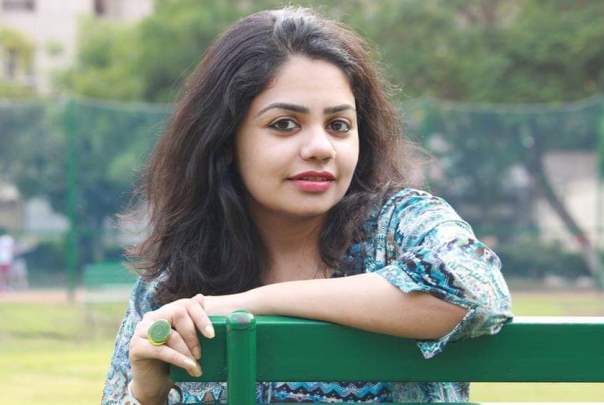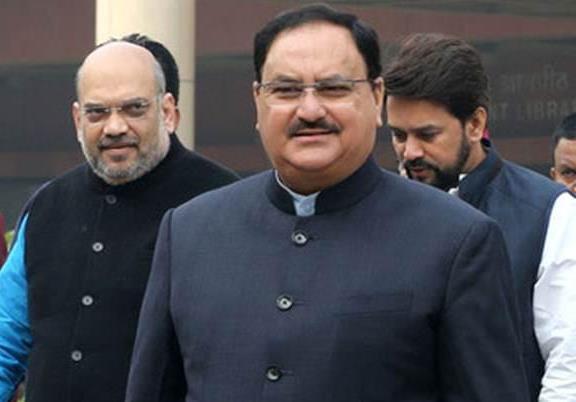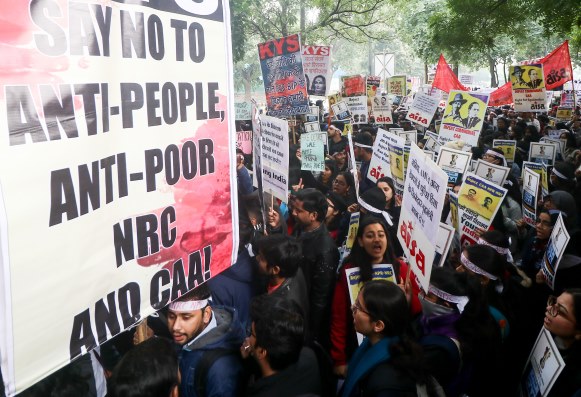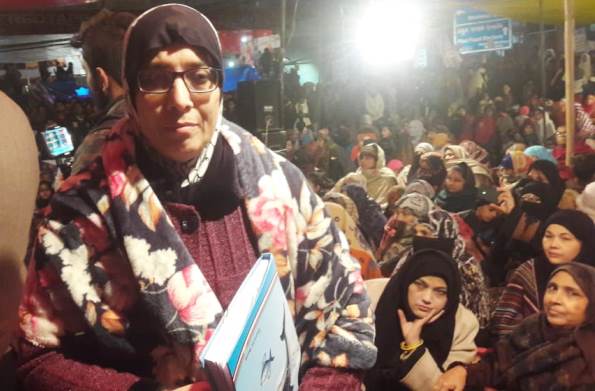The humiliating defeat
suffered by the Bharatiya Janata Party in the Delhi assembly election has not
proved to be an auspicious beginning for the party’s month-old president JP Nadda. Though it is true that it was
Union Home Minister Amit Shah who led the party’s high-decibel campaign in
Delhi, history books will record the result as BJP’s first electoral drubbing
under Nadda’s stewardship.
Out of power for over
two decades, the BJP was predictably desperate to take control in Delhi.
But the Arvind Kejriwal-led Aam Aadmi Party proved to be a formidable
opponent and the BJP fell by the wayside once again.
Well before Nadda took
over as the BJP’s 11th president, it was widely acknowledged
that he will not enjoy the same powers as his predecessor Amit Shah did but, nevertheless,
would be called to take responsibility for the party’s poll defeats as well as
organisational matters.
Nadda began his tenure
with a disadvantage as it is difficult to live up to Shah’s larger-than-life
image. Amit Shah, who served as BJP president for five years has easily
been the most powerful party head in recent times. Known for his supreme
organisational skills, Shah is chiefly responsible for the BJP’s nation-wide expansion,
having built a vast network of party workers and put in place formidable
election machinery. No doubt Modi’s personality, charisma and famed
oratory drew in the crowds but there is no denying that Shah contributed
equally to the string of electoral victories notched by the BJP over the
last five years.
Given that Shah has
revamped the party organisation from scratch and placed his loyalists in
key positions, there are serious doubts that the affable, low-key and smiling
Nadda will be allowed functional autonomy. Will he be able to take independent
decisions, will he constantly be looking over his shoulder, will he be allowed
to appoint his own team or will he be a lame-duck party president? These
are the questions doing the rounds in the BJP as there is all-round
agreement that Shah will not relinquish his grip over the party organisation.
This was evident in the run-up to the Delhi assembly polls as it was Shah and
not Nadda who planned and led the party’s election campaign.
In fact, it is
acknowledged that Nadda was chosen to head the BJP precisely because he is
willing to play the second fiddle to Shah. Party leaders maintain that the new
president is unlikely to make any major changes in the near future and
that he will be consulting Shah before taking key decisions. For the moment,
state party chiefs appointed by Shah have been re-elected, ensuring
that the outgoing party president remains omnipresent.
Though Nadda has
inherited a far stronger party organisation as compared to his earlier
predecessors, the new BJP president also faces a fair share of challenges. He
has taken over as party chief at a time when the BJP scraped through in
the Haryana assembly polls, failed to form a government in Maharashtra and was
roundly defeated in Jharkhand. The party’s relations with its allies have
come under strain while the ongoing protests against the new citizenship
law, the National Register of Citizens and the National Population
Register have blotted the BJP’s copybook.
These developments
have predictably came as a rude shock to the BJP leadership and its cadres
who were convinced that the party was invincible, especially after it came
to power for a second consecutive term last May with a massive mandate.
Nadda’s first task has
been to boost the morale of party workers and make them believe that
the recent assembly poll results were a flash in the pan and that the BJP’s
expansion plans are on course.
After Delhi, the Bihar
election poses the next big challenge this year. The party’s ally, the Janata Dal
(U), has upped the ante, meant primarily to mount pressure on the BJP for
a larger share of seats in this year’s assembly elections. Realising that the
BJP cannot afford to alienate its allies at this juncture, Amit Shah
has already declared Nitish Kumar as the coalition’s chief ministerial
candidate, which effectively puts the Janata Dal (U) in the driver’s seat.
This has upset the BJP’s Bihar unit which has been pressing for a senior
role in the state and is even demanding that the next chief minister should be
from their party.
The BJP has to
necessarily treat its allies with kid gloves as they have been complaining
about the saffron party’s “big brother” attitude and that they are being
taken for granted. While Shiv Sena has already parted company with the
BJP, other alliance partners like the Lok Janshakti Party and the Shiromani
Akali Dal have also questioned the BJP’s style of functioning.
The crucial West
Bengal assembly election next year will also be held during Nadda’s
tenure. The BJP has been working methodically on the ground in this state
for the past several years now and has staked its prestige on dethroning Mamata
Banerjee.
But the Trinamool
Congress chief is putting up a spirited fight, sending out a clear message to
the BJP that it will not be so easy to oust her. Banerjee has declared war
against the Modi government on the issues pertaining to the CAA-NRC-NPR and
also activated her party cadres who have spread across the state to
explain the implications of the Centre’s decision to the poor and illiterate.
The BJP, on the other hand, is struggling to get across its message.
As in the case of
Delhi, Shah can be expected to take charge of the Bihar and West Bengal
assembly polls while Nadda will, at best, be a marginal player. Again it will
be left to Shah to mollify the party’s allies as it is too sensitive and
important a task to be handled by Nadda.
Like all political
parties led by strong leaders, a BJP defeat will be seen as Nadda’s failure
while a victory will be credited to Modi and Shah.
